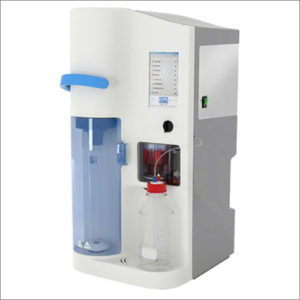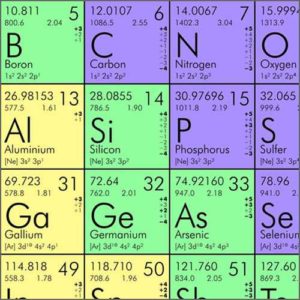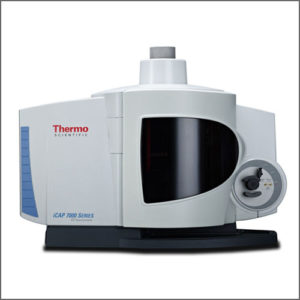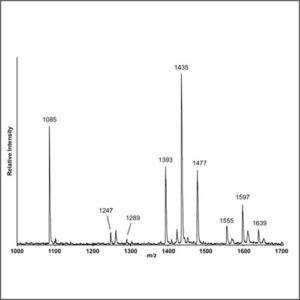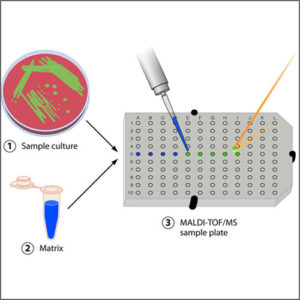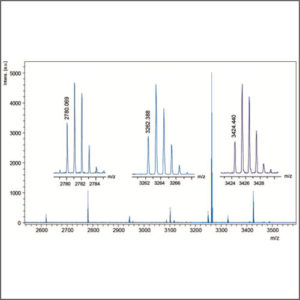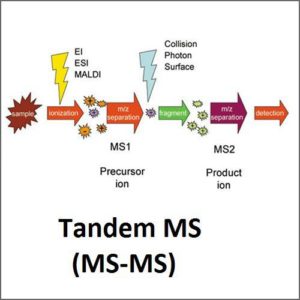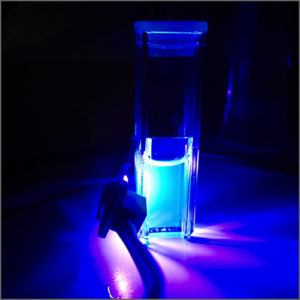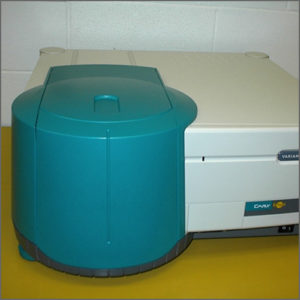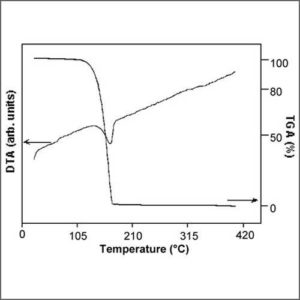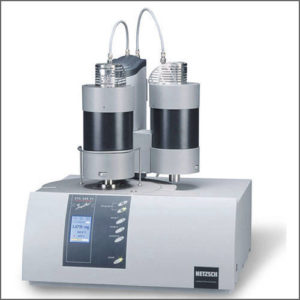Kjeldahl Nitrogen Analyzer
Kjeldahl nitrogen analysis is to quantitatively determine the nitrogen contained in both organic substances and inorganic ammonia and ammonium.
- Description
| Testing Method | Kjeldahl Nitrogen Analyzer |
| Description | The Kjeldahl method nitrogen analysis (or Kjeldahl digestion) is a method for the quantitative determination of nitrogen contained in organic substances plus the nitrogen contained in the inorganic compounds ammonia and ammonium (NH3/NH4+). Without modification, other forms of inorganic nitrogen, for example nitrate, are not included in this measurement.
The Kjeldahl method’s universality, precision and reproducibility have made it the internationally recognized method for estimating the protein content in foods and it is the standard method against which all other methods are judged. It is also used to assay soils, waste waters, fertilizers and other materials.
Total Kjeldahl nitrogen or TKN is the sum of nitrogen bound in organic substances, nitrogen in ammonia (NH3-N) and in ammonium (NH4+-N) in the chemical analysis of soil, water, or waste water (e.g. sewage treatment plant effluent). TKN is often used as a surrogate for protein in food samples. The conversion from TKN to protein depends on the type of protein present in the sample and what fraction of the protein is composed of nitrogenous amino acids, like arginine and histidine. However, the range of conversion factors is relatively narrow. In practice, 6.25 is used for almost all food and feed regardless of applicability. The factor 6.25 is specifically required by US Nutrition Label regulations in the absence of another published factor |
| More Information | Wikipedia: Kjeldahl Method |

